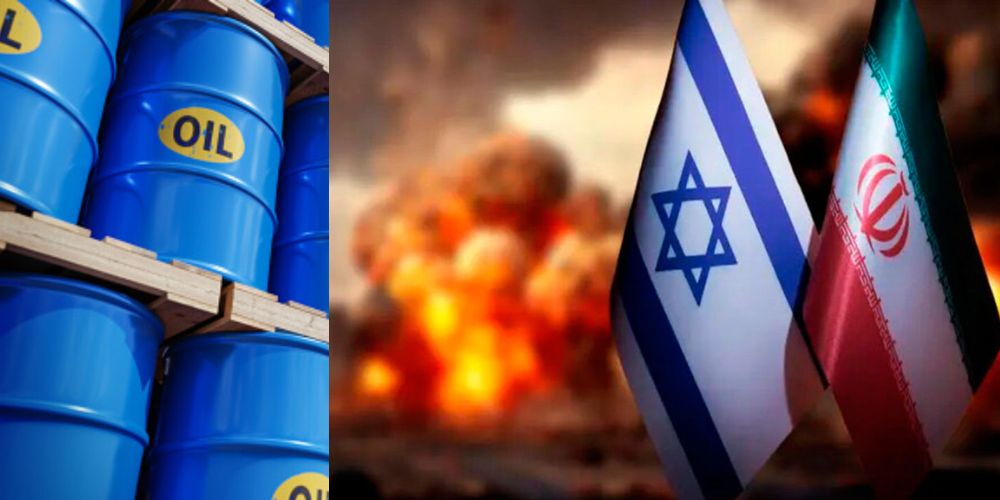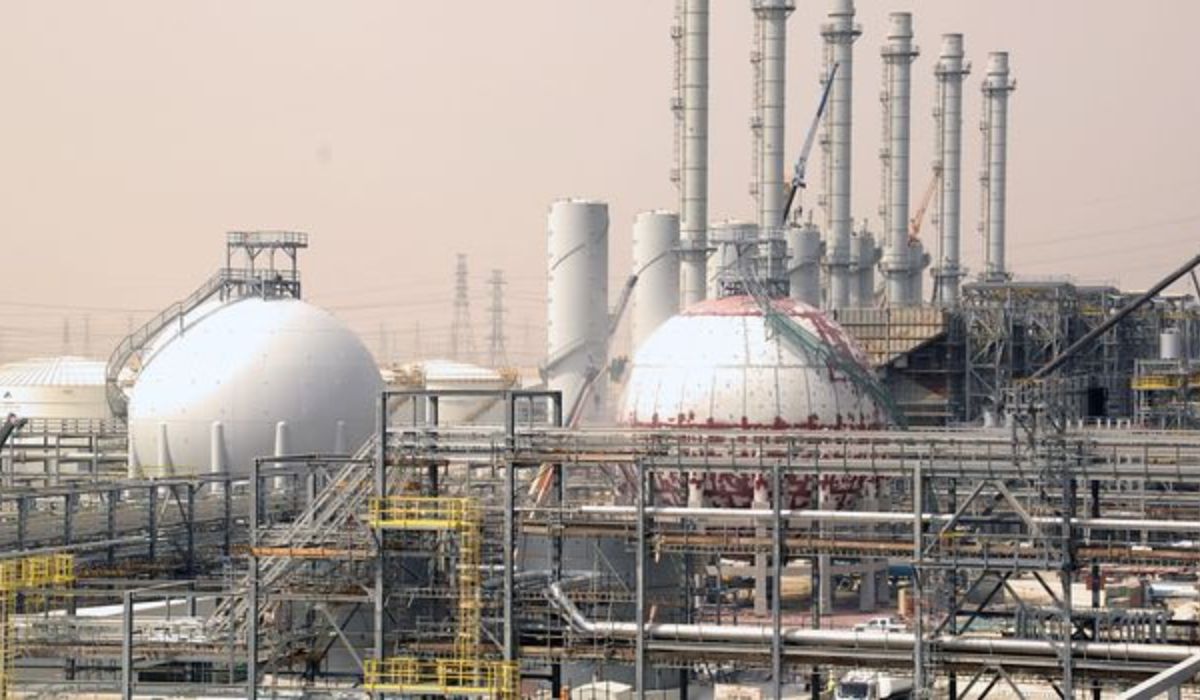Oil Prices Climb Sharply After Israeli Strikes Spark Regional Tensions

Crude oil prices experienced a steep rally of over 7% on Friday, hitting multi-month highs after Israel carried out airstrikes on Iran, prompting retaliatory threats and sparking concerns about potential disruptions to Middle Eastern oil supply.
On Friday afternoon, Brent crude surged by $4.94 (7.12%) to $74.30 per barrel, having earlier peaked at $78.50—the highest since January 27. Meanwhile, U.S. West Texas Intermediate (WTI) climbed $4.72 (6.94%) to $72.75, after touching $77.62—its highest level since January 21, according to Reuters.
These sharp movements marked the biggest single-day gains for both benchmarks since Russia’s 2022 invasion of Ukraine, which similarly roiled global energy markets.
Israel stated that its military operation targeted Iran’s nuclear infrastructure, missile production sites, and military leadership, claiming it was the start of a sustained campaign to prevent Tehran from acquiring nuclear weapons. In response, Iran vowed strong retaliation.
U.S. President Donald Trump urged Iran to strike a deal over its nuclear program to prevent “the next already planned attacks.”
Iran’s National Oil Refining and Distribution Company reported no damage to oil refineries or storage sites, stating that operations remained unaffected.
However, analysts pointed to the Strait of Hormuz as a major point of concern.
“Sustained upside would require actual disruptions to physical flows—such as damage to Iran’s oil infrastructure or a blockade of the Strait of Hormuz, a key global chokepoint,” said Nikos Tzabouras, a senior market analyst at Tradu.com.
Roughly 20% of global oil consumption—or nearly 18 to 19 million barrels per day—passes through the Strait of Hormuz, making it a vital corridor for global energy trade.
So far, however, the situation hasn’t disrupted crude movements.
“No energy installations have been impacted by the Israeli strikes, so unless Iran decides to drag other nations—especially the U.S.—into the conflict, the risk of a supply disruption remains low and should, over time, reduce the risk premium,” noted Ole Hansen of Saxo Bank.
Experts warned that a blockade of the strait could backfire on Iran, given its dependence on the waterway for crude exports, particularly to China.
”Iran’s economy heavily relies on the free passage of goods and vessels through the seaway, as its oil exports are entirely sea-based. Cutting off the Strait of Hormuz would ultimately be counterproductive to Iran’s relationship with its sole oil customer, China,” said Natasha Kaneva, Prateek Kedia, and Lyuba Savinova of JP Morgan.
Meanwhile, global markets witnessed a sharp downturn, with investors turning to traditional safe-haven assets like gold, the U.S. dollar, and the Swiss franc, further illustrating the widespread uncertainty spurred by the latest conflict escalation.





